Make the most of your holiday in the Kruger National Park
Going green at Nabana Lodge
“I have therefore come to believe that the world’s ecological balance depends on more than just our ability to restore a balance between civilization’s ravenous appetite for resources and the fragile equilibrium of the earth’s environment; it depends on more, even, than our ability to restore a balance between ourselves as individuals and the civilization we aspire to create and sustain. In the end, we must restore a balance within ourselves between who we are and what we are doing. Each of us must take a greater personal responsibility for this deteriorating global environment; each of us must take a hard look at the habits of mind and action that reflect – and have led to – this grave crisis”
El Gore
Earth in the Balance
I am reminded of the starfish story – what difference does it make to throw one starfish back in the ocean? Well, for that starfish is makes all the difference. Feeling rather overwhelmed by the enormity of pollution on our planet, it is no wonder that we shrink back waiting to see what government is going to do about this, or industry.
At Nabana Lodge we have taken some small steps to minimise our footprint.
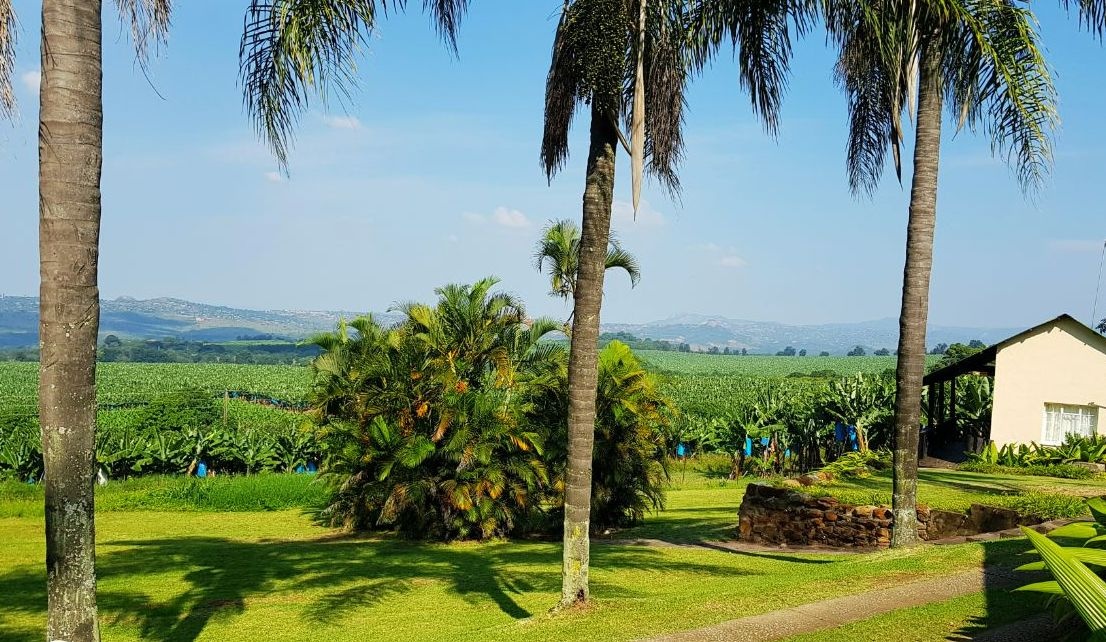
Positioned as we are in a rural banana farming community, the 2.2 hectare property at Nabana Lodge became a safe haven for lesser creatures and birds with a policy of no chemicals used in the garden – no poison and no fertilizer. The result is a lawn that is not immaculately uniform, with bald spots here and there and weeds co-existing happily with grass. But when cut, it is all green. Weeds do not get an opportunity to flower and seed, allowing the grass to dominate.

Similarly, all areas under flower and shrub is deeply mulched and although it may seem messy, it certainly keeps the soil moist and cool and weeds under control, whilst the slow release of nutrients in decomposing leaves and other organic material enriches the soil. Added to the benefits of mulching is the bonus of an ideal environment for earth worms, contributing to loosen soil, enriching it with their droppings and providing a food source for birds such as ground thrush and robins.
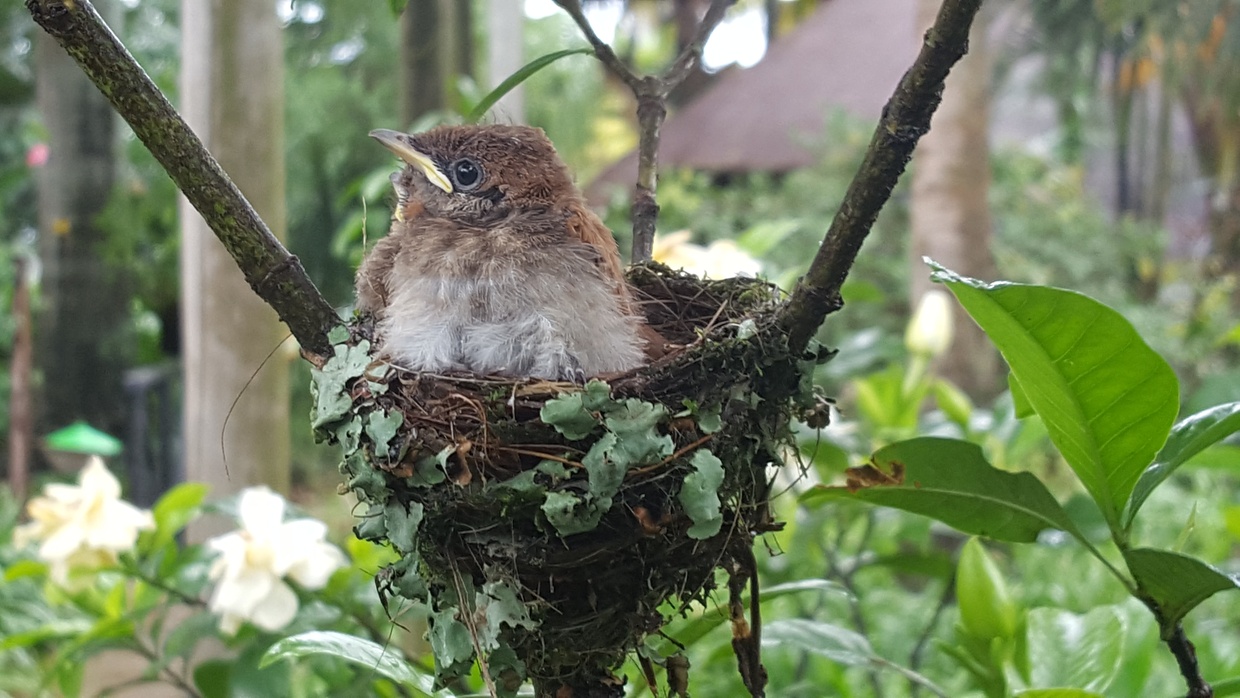
But what about pests on plants? Generally, insects here do not destroy plants – the variety of plants ensures that there is not one type of pest proliferating and except for hand-clearing aphids on a couple of citrus trees, the birds, spiders and wasps pretty much keep the rest in check. It is good to remember that the beautiful butterfly flitting around, once was a worm. Making a difference, albeit minute, to the plight of the bees on our planet, is hugely satisfying.
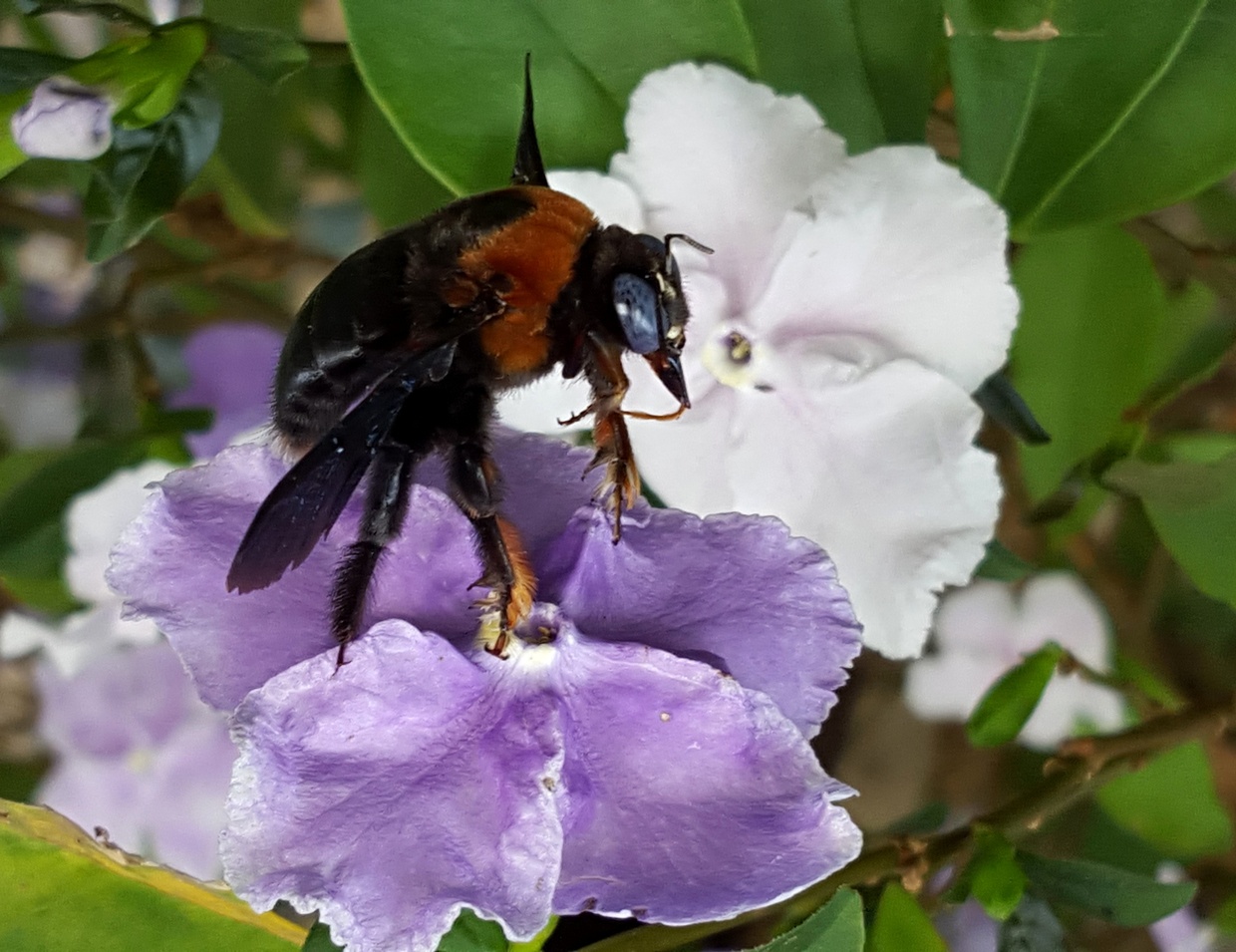
With the scarcity of water resources in South Africa, saving water makes a major contribution towards leaving a green footprint. Water management is a serious consideration at Nabana Lodge with practices such as an automatic cut-off switch for the borehole, a float system in holding tanks and leak control practised from faucets to cisterns and water pipes. Rerouting rain water from a roof to the swimming pool contributes to saving groundwater. The use of salt treatment through the chlorinator to keep the pool sparkling reduces the use of pool chemicals.
Although we inherited a large number of exotic palm trees when we bought Nabana Lodge, planting indigenous and endemic flowers and shrubs is now practised in the gardens, minimising the need for irrigation. The critical shortage of water, made worse by drought, effects even more careful planning of planting with waterless versus water wise now being implemented. Tree aloes, aloes and succulents are used more often and over larger areas of the gardens.
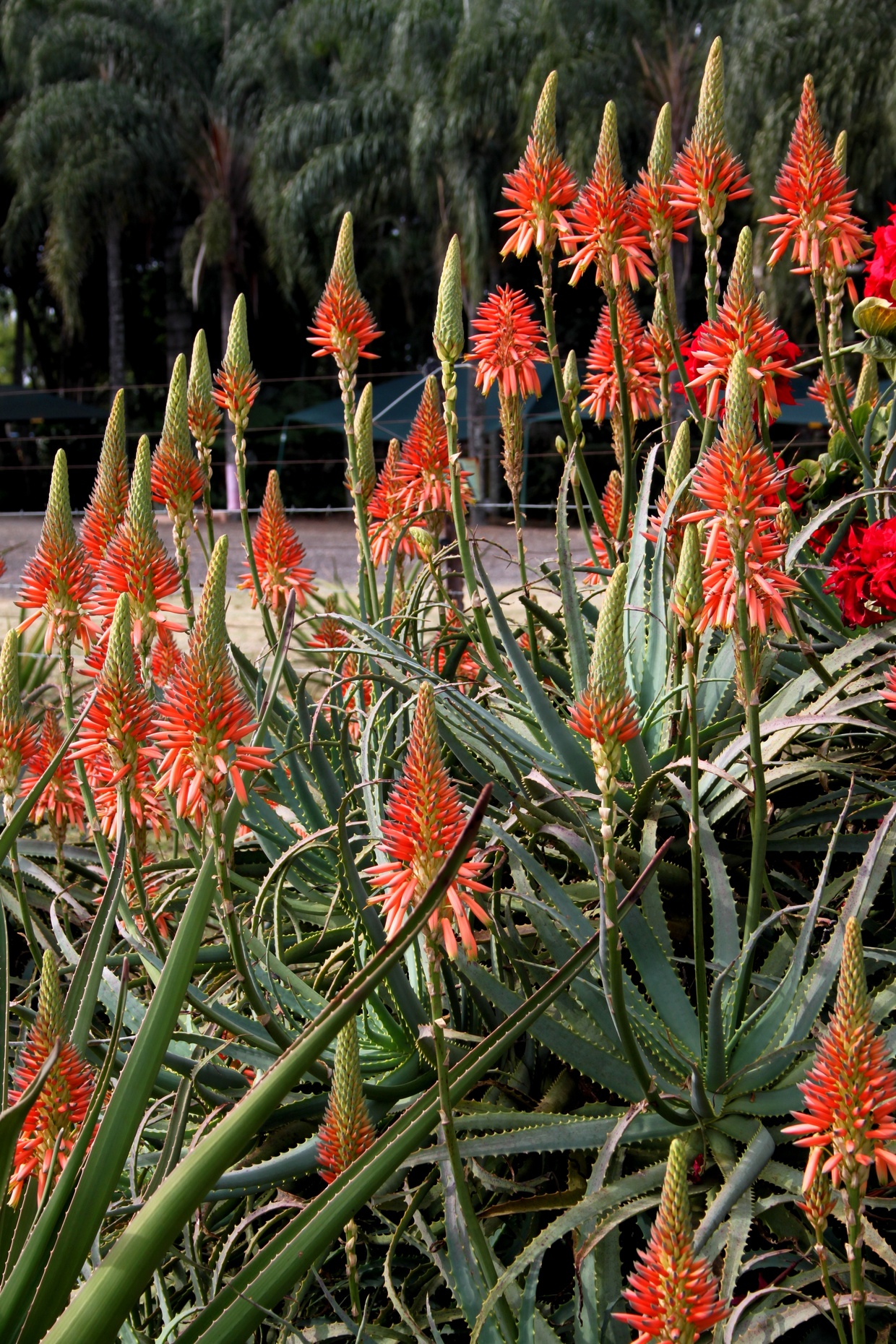
Waste management at Nabana Lodge includes practices such as sorting bottles, cans, plastic and cardboard. This is then taken off site to a waste management centre. Organic waste is sorted into material for compost and the rest disposed of at the municipal waste centre. Metal, cables and wiring that cannot be converted for other purposes on site, is taken to a scrap merchant. In the office, scrap paper is turned into note paper and laminated cuttings into bookmarks. Boxes containing reams of printing paper makes ideal holders for archiving printed material.
An area that has huge impact on the environment is energy management. We are not yet able yet to install solar panels and geysers, but all light bulbs have been replaced with LED or energy saving lights and movement sensors are used where possible. Strict geyser control form part of energy management in accommodation at the lodge.
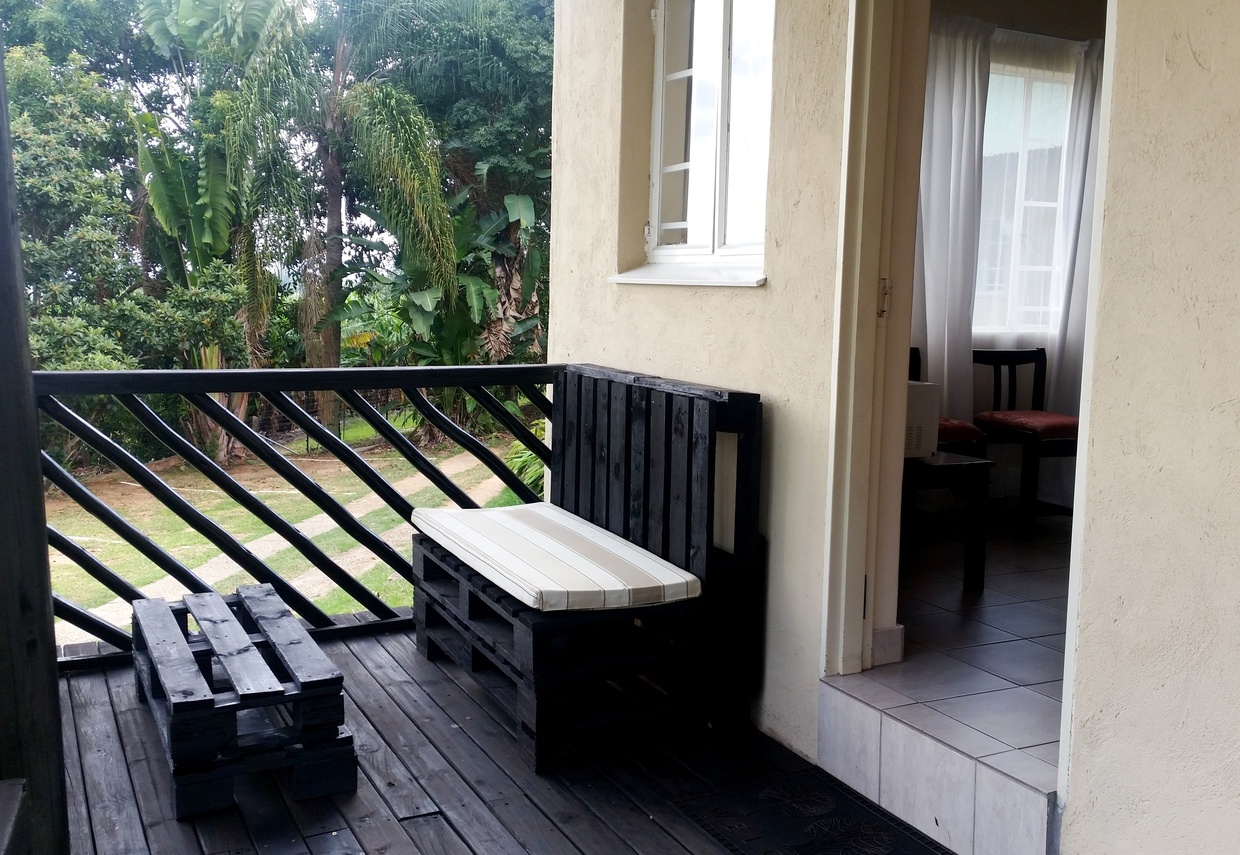
It is amazing what can be generated from scrap. Making our benches and low tables for the decks at the garden cottages out of wood from discarded pallets resulted in sturdy and functional outdoor furniture. Square tubing from old gates were cut, restored and made into table legs for conference furniture. Just thinking differently – restore, not just replace – maintain equipment, furniture and fittings in good order – all these things make a difference. Yes it may be a small difference by a small business, but imagine what can be achieved by a lot of businesses. Sure, there is so much more that can be done, but it is a beginning.
It is one starfish.
Further Reading
HotelsCombined recognize Nabana Lodge amongst the best hotels in South Africa, representing the top 3% of accommodation worldwide for Customer Satisfaction
Many of the most extreme endurance events in South Africa are hosted in Mpumalanga, including hiking, climbing, assault courses and water-based activities, but the most prevalent of all the events, throughout the year, are the many mountain bike races.
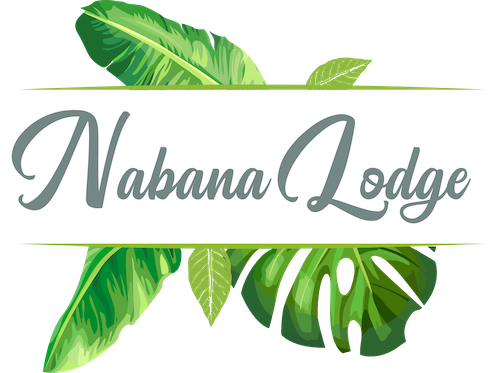
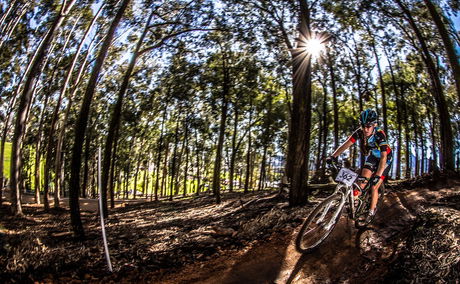

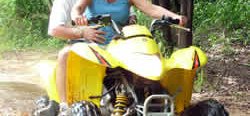
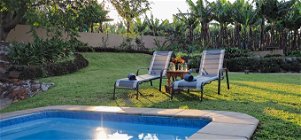
Share This Post